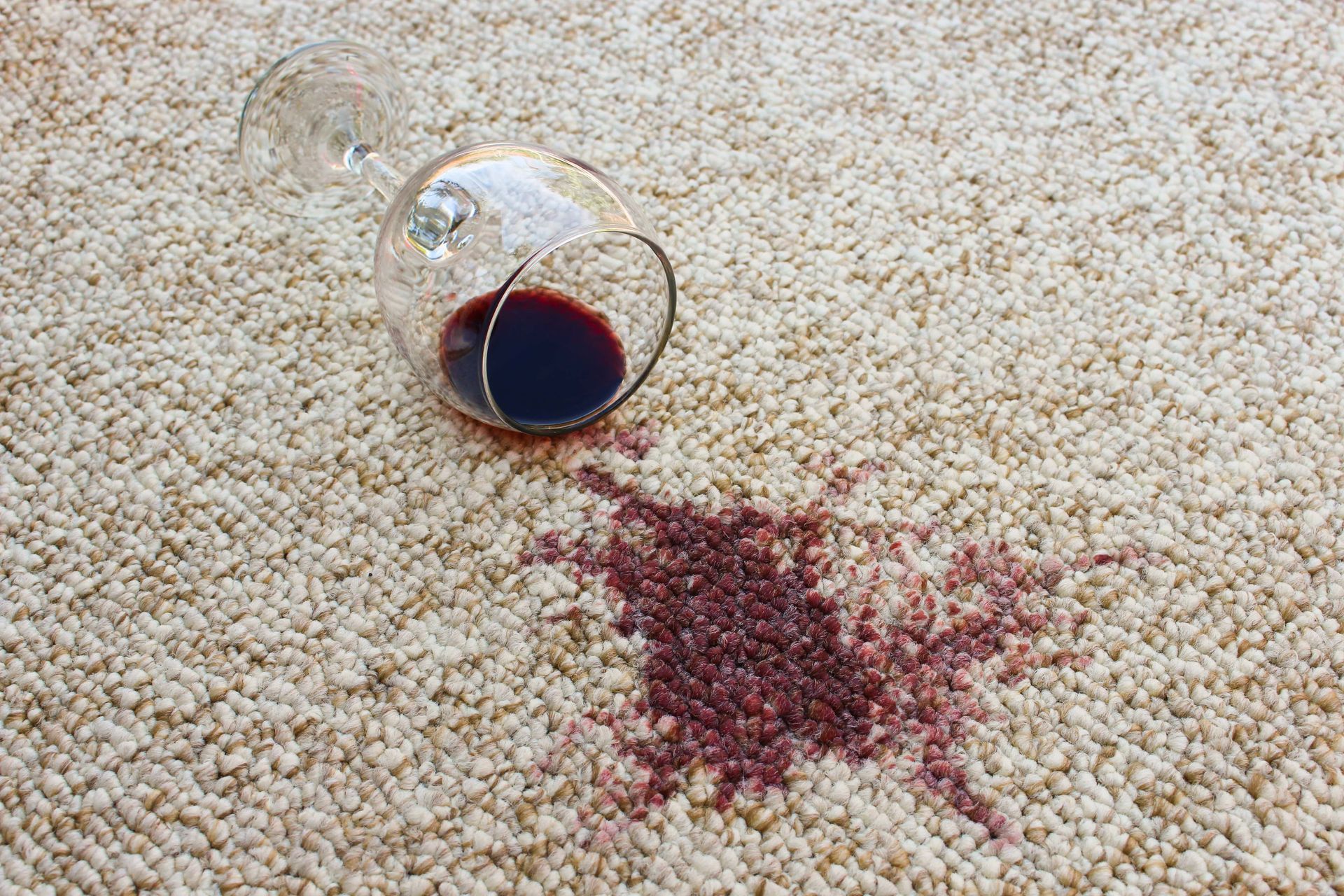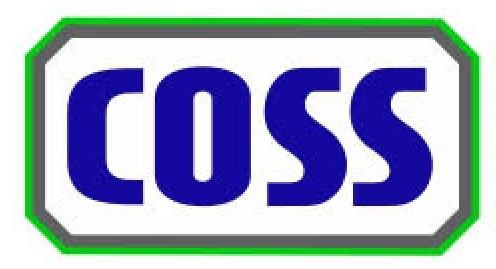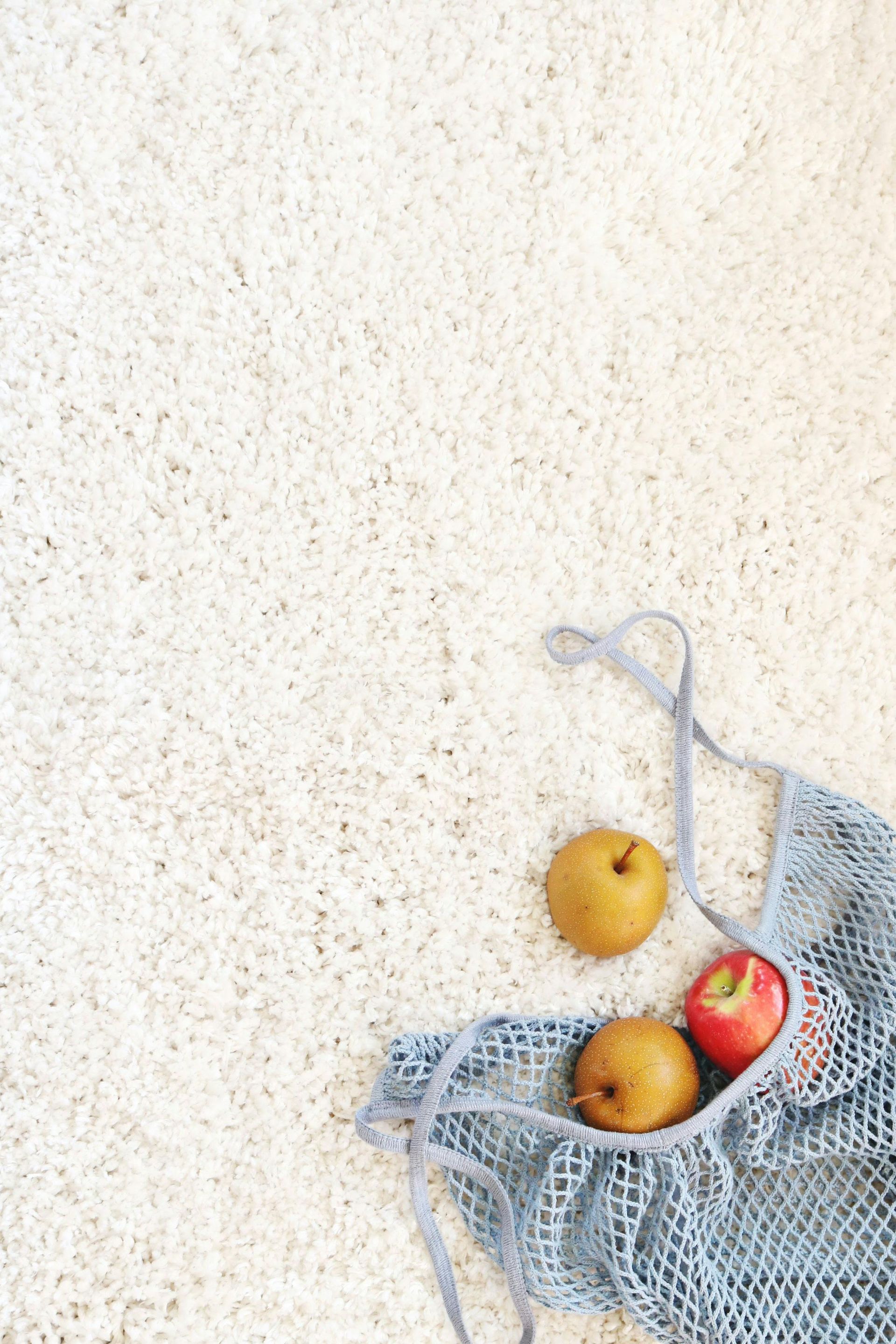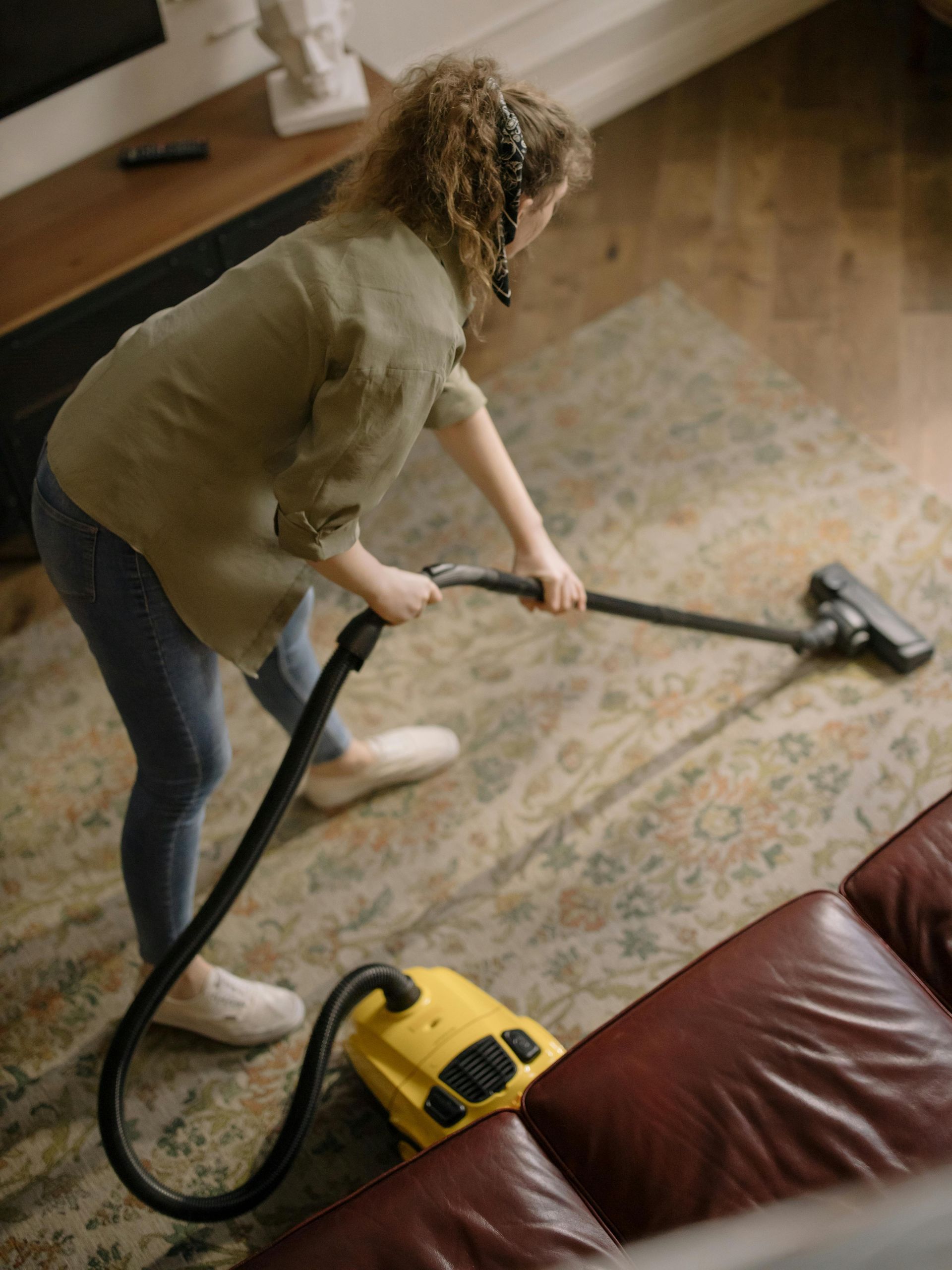Few Tips on How to Improve Your Indoor Air Quality
The new season is a great reason to make and keep resolutions. Whether it’s eating right or cleaning out the garage, here are some tips for making and keeping resolutions.
Improve Indoor Air Quality:
Clean Your Air Returns and Change Your Filters
Indoor air quality plays a crucial role in maintaining a healthy and comfortable living environment. One effective way to enhance the quality of the air you breathe is to regularly clean your air returns and change your filters. In this blog post, we will explore the importance of these tasks and provide you with practical tips to ensure cleaner and fresher air in your home.
Understanding the Importance of Air Return Cleaning:
Air returns are openings or vents that allow air to flow back into the HVAC system for recirculation. Over time, these vents accumulate dust, allergens, pet dander, and other airborne particles. Neglecting air return cleaning can result in poor indoor air quality and potential health issues, especially for individuals with allergies or respiratory conditions.
By incorporating air return cleaning into your routine maintenance, you can prevent the buildup of contaminants, ensuring that your HVAC system operates efficiently and promotes cleaner air circulation throughout your home.
The Role of Routine Vacuuming:
Did you know that routine vacuuming can contribute to cleaner air returns? When you vacuum your carpets, rugs, and upholstery, you remove dust, pet hair, and other debris that can find their way into your air returns. These particles can get recirculated throughout your home if not properly removed.
Make it a habit to vacuum your floors and furniture regularly, paying extra attention to areas near air return vents. By doing so, you minimize the amount of debris that can accumulate in your air returns, promoting better indoor air quality.
The Importance of Filter Maintenance:
HVAC filters are designed to trap airborne particles and prevent them from circulating in your home. Over time, these filters become clogged with dirt and debris, reducing their effectiveness and putting a strain on your HVAC system. Dirty filters not only hinder airflow but also allow pollutants to recirculate, leading to compromised air quality.
To maintain optimal air quality, it's essential to change your HVAC filters regularly. Check the manufacturer's recommendations for filter replacement intervals and ensure that you have the correct filter size and type for your system. By staying proactive with filter maintenance, you'll enhance the efficiency of your HVAC system and enjoy cleaner air.
- Tips for Air Return Cleaning and Filter Replacement:
- Begin by turning off your HVAC system to prevent the spread of dust during the cleaning process.
- Use a soft brush attachment or microfiber cloth to gently clean the air return grilles and vents.
- Vacuum the interior of the air returns, reaching as far as possible into the ductwork.
- Remove the old filter and replace it with a new one, following the manufacturer's instructions.
- Consider upgrading to high-efficiency filters or HEPA filters for improved filtration.
- Keep a regular schedule for air return cleaning and filter replacement to ensure consistent air quality.
Conclusion:
Maintaining clean air returns and regularly changing your HVAC filters are essential steps to improve indoor air quality. By incorporating these practices into your routine, you can reduce the presence of airborne allergens, dust, and other particles, creating a healthier living environment for you and your family. Remember, a little extra effort in air return cleaning and filter maintenance can go a long way in ensuring fresh and clean air throughout your home. Breathe easy and enjoy a healthier lifestyle!






